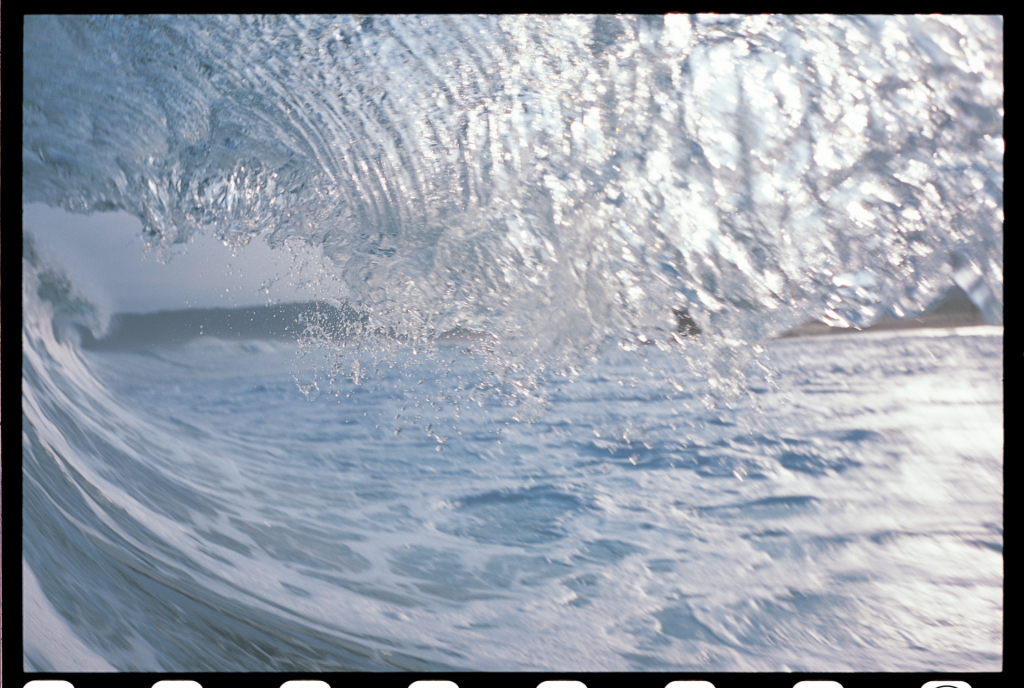Goodnight, Moon. Good Morning, Surf.
Honorific Nature
Natural Schizophrenia
Honor the moon. Respect the wave.

Nights spent outdoors under the light of the full moon are when I feel comfortably closest to our celestial neighbor and, in deference to the beauty of its reflected light say, “You’re certainly looking beautiful tonight, Moon-san.” Upon reflection, why do we add the honorific “san” to “moon” in Japanese and provide it with a human quality?
It is a Japanese custom to add both “san” and a leading “o” to words such as father (otou-san), mother (okaa-san), monk (obou-san) and even doctor (oisha-san). We find this selectively repeated in nature, as well, with words such as moon (otsuki-san) and stars (ohoshi-san). The common denominator is the loving respect paid to the object or person.
Personally, I make it a habit to refer to wave-san (onami-san). While not generally accepted, the term properly displays my endearing relationship with the surf, whether riding on its peaks or snapping photos of its beauty. It remains “family” and “neighbor,” at times playing the roll of “doctor” in soothing both body and soul. The enlightened nature of the sea even resembles the penitent monk. Isn’t it odd that such a respectful turn of phrase isn’t customarily accredited to the sea?
Since the dawn of humankind we have been raised by Mother Earth; now it seems we are wreaking havoc on our environment. Those living in “developed” countries have placed themselves at the center of the world—myself included. However, the more time one wades into the surf and takes in the elements, the easier it becomes for humans to realize we are but one small part of a much larger picture.
This sense of self is what inspires me to call out to onami-san. Others seek out oyuki-san (snow). It is the same feeling for hikers who search out oyama-san (mountains), or for climbers who yearn for oiwa-san (rock faces). The rising of the tides and a sense of things getting better—this is the meaning of the phrase ageshio (high tide).




